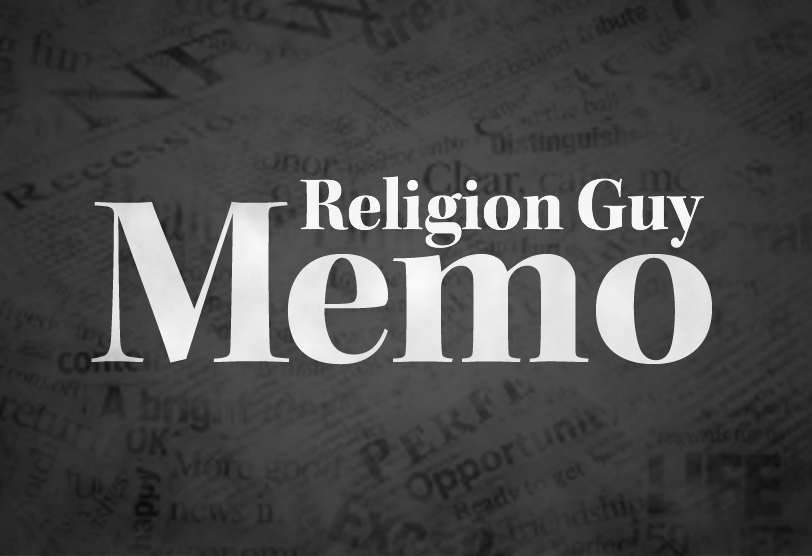Well, there was no lack of faith talk during President Donald Trump’s announcement yesterday of his Supreme Court justice pick, and all of it was perfectly normal.
We heard the name of the Catholic parish nominee Brett Kavanaugh attends and the fact that he coaches a Catholic Youth Organization basketball team. We heard a little bit about his inspirational Georgetown educational ties.
The bottom line: I wondered why the nominee was so upfront about his faith. Some media outlets picked this up, but a lot did not.
Mother Jones got the same impression I did in an intriguing piece about the nominee's subliminal efforts to appeal to the social justice crowd.
Kavanaugh’s speech diverged from his predecessors in one key aspect: extensive reference to his Catholic faith, including a special shout-out to one of Washington, DC’s most beloved religious leaders, Monsignor John Enzler.
Justice Neil Gorsuch, who attended the same Jesuit high school as Kavanaugh, vaguely thanked “my family, my friends and my faith” but failed to mention his Catholic upbringing when he accepted Trump’s nomination last year. Neither did Chief Justice John Roberts, Justice Sonia Sotomayor, or Justice Clarence Thomas in their first remarks as nominees. Not even the late Justice Antonin Scalia, a proudly devout Catholic who counted a priest among his sons, mentioned religion during his swearing-in ceremony.
Kavanaugh brought up Catholicism at several points in his 857-word speech, but reserved special attention for John Enzler, known as “Father John,” a legend in DC Catholic circles.
America Magazine, with its Jesuit ties, offered the best summary of the nominee’s Catholic bonafides:
During his remarks, Mr. Kavanaugh highlighted his Catholic faith and Jesuit connections.
“The motto of my Jesuit high school was ‘men for others,’” Mr. Kavanaugh said, referencing Georgetown Preparatory School, from which he graduated in 1983. “I have tried to live that creed.”




